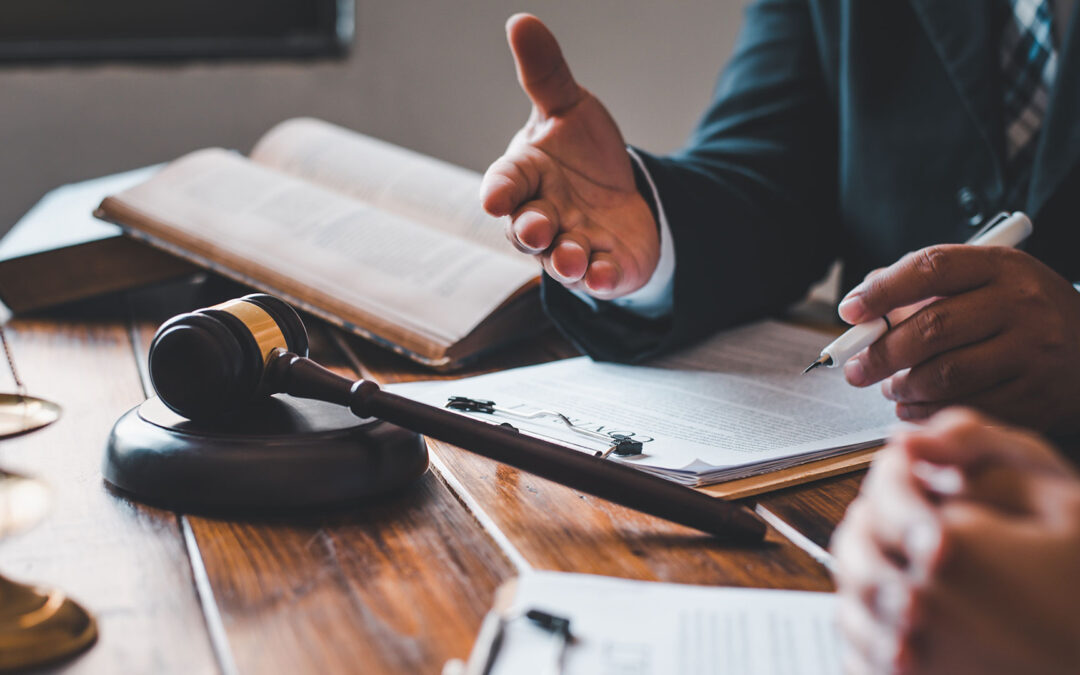
by FMC Team | Dec 12, 2013 | Personal Injury
England is a nation of dog lovers, but recently, the Haverhill Echo reported that dog incidents are an increasing problem in Haverhill. So, what is the law relating to dog ownership and what remedies can you take if you or your dog are a victim of a dog bite incident?...

by FMC Team | Nov 28, 2013 | Personal Injury
Accidents can happen at any time, and the consequences of your injuries can be life changing and difficult to cope with. Although it is natural after an accident to focus on your medical treatment and recovery, if someone else was to blame for your accident, it is...




